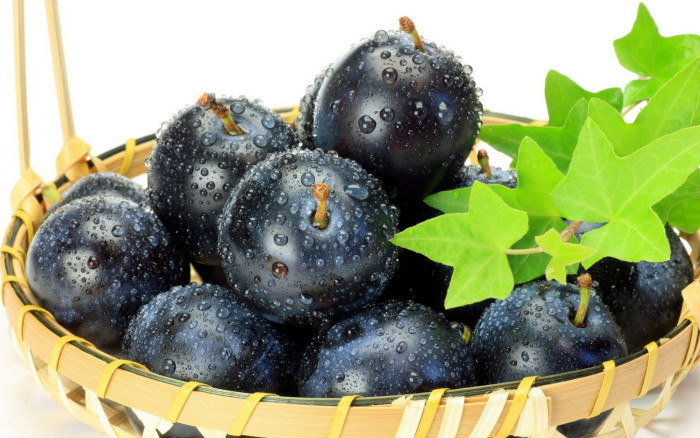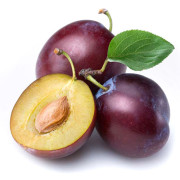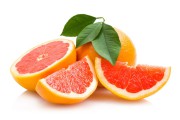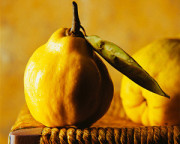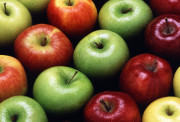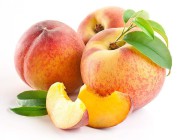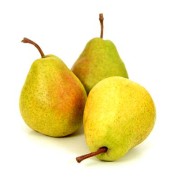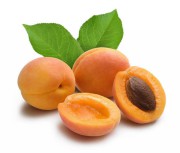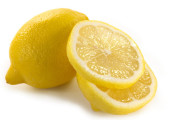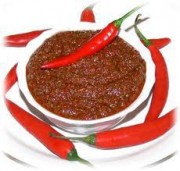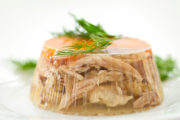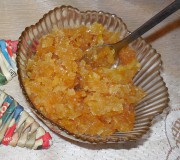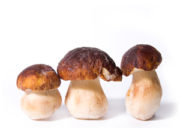Plum - beneficial properties and contraindications: description, vitamins and calorie content of plum.
Plum is a fruit tree belonging to the rose family, subfamily of plum or almond. The fruit of the tree is a plum, which can be small, medium or very large; the color of the ripe fruit is blue, dark purple or almost black (this depends on the type of tree).
Content
Composition and calorie content
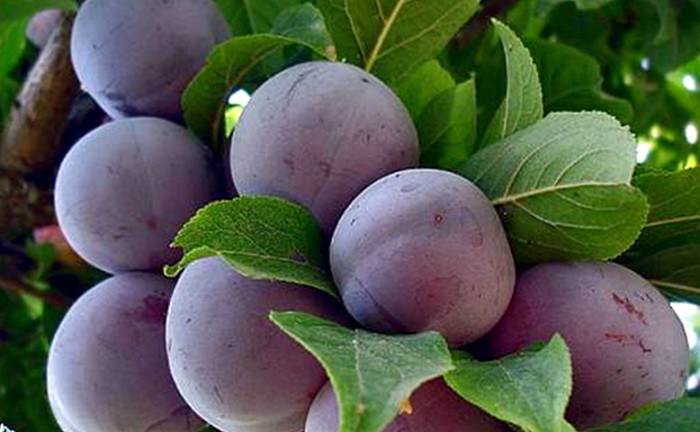
Fresh plum contains 42 kcal per 100 grams of product. The fruit contains: healthy sugars, pectin, organic acids, as well as vitamins (A, C, P, group B, etc.) and microelements (potassium, magnesium, phosphorus, iron, calcium, boron and many others). Ripe plum seeds are a valuable cosmetic product due to their unique “oil” composition, and dried plums are widely used in world cooking as a healthy and affordable product called prunes.
Beneficial properties of plums (as well as prunes)

— plums have a beneficial effect on intestinal motility, so doctors, first of all, advise all people suffering from constipation to eat prunes;
— regular consumption of plums has a positive effect on the quality of the blood and the secretory function of the pancreas;
— plums help remove toxins and cleanse the intestines of old “reserves”;
— the ripe fruit of the plant has mild diuretic properties, helping to fight swelling and excess salt in the body;
— low calorie content of fresh fruits + a large number of medicinal properties make plums a valuable dietary food product;
— consumption of plum is indicated for diseases and conditions such as hypertension, atherosclerosis, cholecystitis, elevated body temperature, lack of appetite, as well as for diseases of the kidneys, cardiovascular and genitourinary systems of the body.
Plum fruits have a wonderful property: if you pick them slightly unripe and slightly sour, place them in a cool, ventilated place, and they will “reach” full ripeness in just a few days.
How to use?

To eliminate constipation, plums must be boiled for a long time; the water formed during the cooking process, that is, plum decoction, must be drunk throughout the day. Fresh plums should be consumed 2-4 times a day, several pieces at a time. Prunes are recommended to replace traditional snacks between main meals.
Contraindications or who should not eat plums?

Plums should be consumed with caution by people prone to intestinal weakness and diarrhea. Obese people should not consume more than 10 prunes per day, as they are high in calories. Women during lactation should also refrain from eating plums, both fresh and dried, to prevent digestive disorders in the child.
